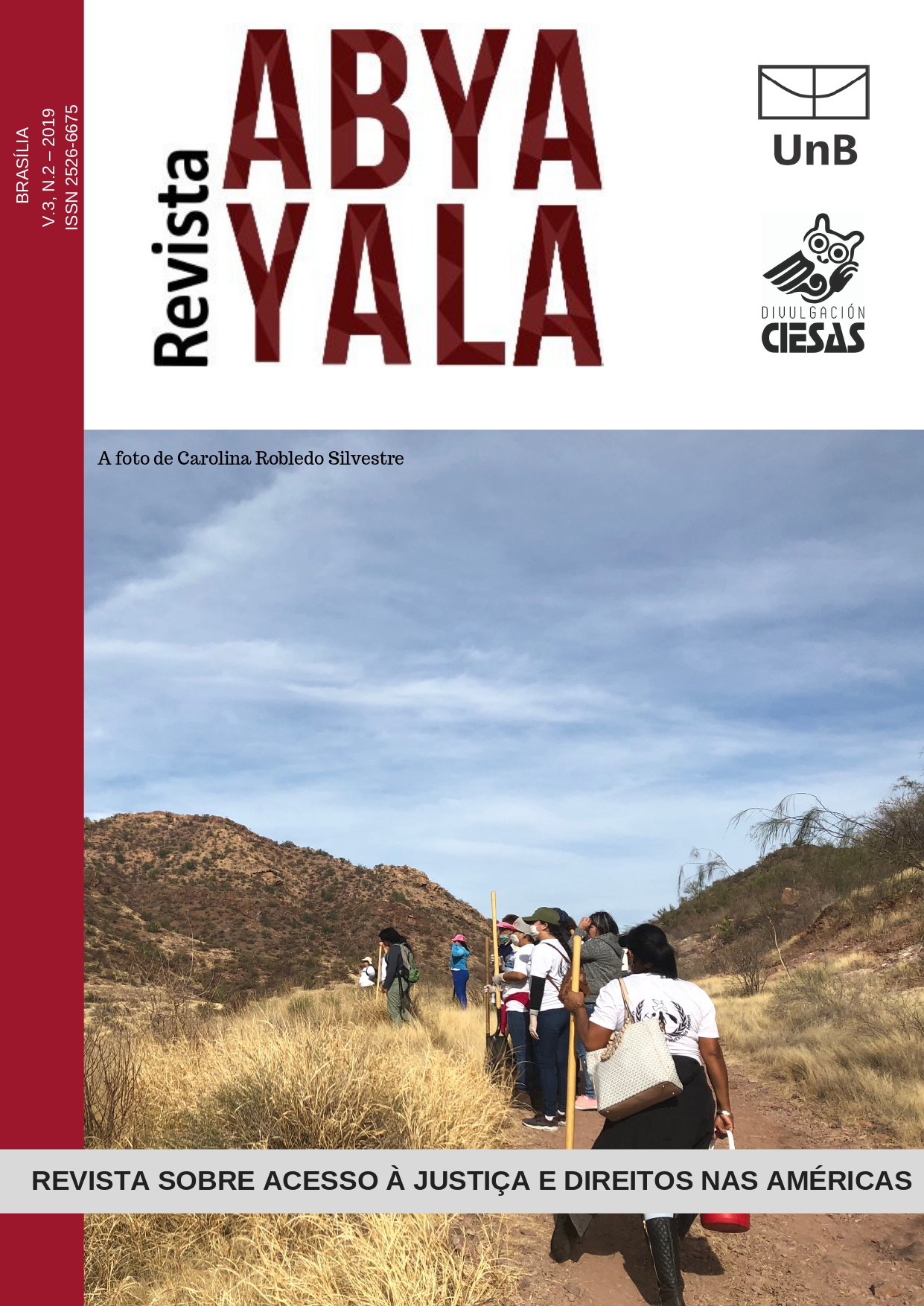FORENSIC ARCHAEOLOGY AND ITS DIALOGUES WITH SOCIAL ANTHROPOLOGY IN THE STUDY OF CRIMINAL BEHAVIOUR IN WAR ON DRUGS MEXICO
DOI:
https://doi.org/10.26512/abyayala.v3i2.24573Keywords:
archaeology, forensic, collaborative, violenceAbstract
In the Mexico of the war on drugs, archeology has joined the task of collaborating with the justice system and the collectives of relatives of disappeared persons, but their contributions have been, for the most part, more methodological than explanatory. If we take the principle that conventional archeology studies the behavior of human societies of the past, and applied in the forensic field, we could expand the scope of investigation or intervention contexts of forensic interest.
In this article we return to the contributions of archeology in the location of missing persons and the participation of collectives of relatives of missing persons performing the same tasks and how both can contribute to the criminal investigation. The purpose is to discuss and propose the application of the theoretical-interpretative foundations of anthropology for the implementation of a collaborative archeology that contributes to the search for truth and justice in contemporary contexts of conflict. Finally, we will return to the contributions of the Social and Forensic Anthropology Research Group for the co-construction of knowledge and public policies that reach the expectations of the collectives of relatives of disappeared persons.
Downloads
Downloads
Published
How to Cite
Issue
Section
License
Copyright (c) 2019 Abya-Yala: Journal on Access to Justice and Rights in the Americas

This work is licensed under a Creative Commons Attribution-NonCommercial 4.0 International License.
The sending of contributions to Abya Yala implies the assignment of copyright and publication to the Journal, observing the Attribution-Non-Commercial 4.0 International (CC BY-NC 4.0) adopted.
The content of the texts submitted to and published by the journal will be the sole responsibility of their respective authors.
Copyright: https://creativecommons.org/licenses/by-nc/4.0/deed.en








